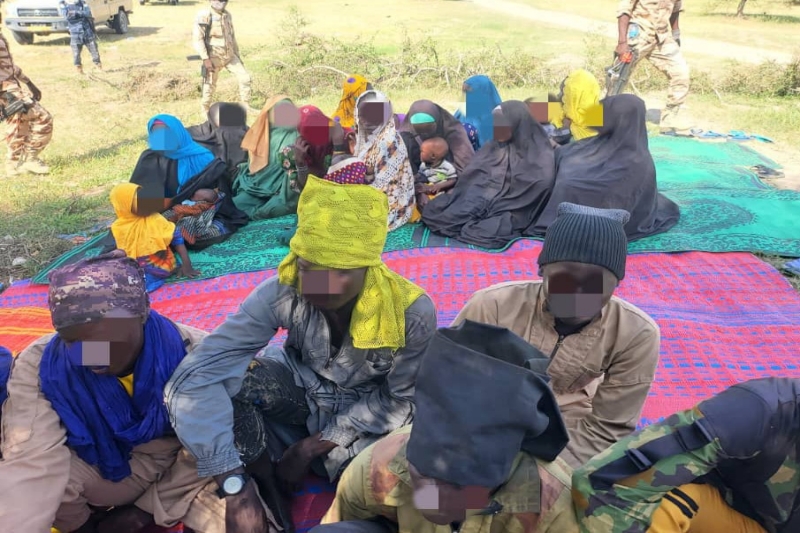When the idea was first mooted of reintegrating penitent insurgents into society, many people in Borno State would not even consider it.
As the victims of the 14-year-conflict, they feared that the former fighters who had caused so much harm to ordinary citizens were not truly sorry and were merely pretending to be penitent. There was little to no trust. After all, these were the very people who had killed, maimed, raped and abducted their loved ones. They did not want these people living anywhere near them.
Politicians, civil society movements and non-governmental organisations had held rallies trying to convince citizens to accept them. But it was perhaps the words from traditional and religious leaders that really helped to convince at least the majority of ordinary people to begin to accept the repentant rehabilitated insurgents back into their world.
For decades, traditional and religious leaders have served as the gateway to the community: They help to resolve conflicts among indigenous communities, ensure the safety and security of their communities, settle disputes among residents and maintain and facilitate the justice system at a local level.
Through their efforts, many community members have started at long last to trust the repentant insurgents and have reconciled with and accepted the former fighters.
Bulama Saleh Jatau, 67, a community leader at Shokwari in Borno State, said: “Initially there was resistance from the people of our community. When we realised that, we decided to collaborate with members of the civilian joint task force [CJTF] to convince people to accept the repentant insurgents. Members of the CJTF were the first people to accept them and they assured us that these people had genuinely repented and there was no reason to reject them. They told us that the war had to end now and that this was the way to go.”
Bulama Bukar Grema, an influential community leader in Shokwari, has also played a vital role in convincing the people to accept the former fighters.
“When I was first informed that some of the surrendered insurgents were going to be reintegrated into our community, I immediately summoned all 16 community leaders who I supervise. I was very frank with them and told them that we had to support this effort. I said I knew it was difficult but it was something we had to do. I made it clear to them that I would not tolerate anyone who tried to frustrate or stop this initiative. At that time, not all of them were happy about former fighters becoming our neighbours, but today the majority of them have no problem with it.
“We have plenty of large tracts of lands so we donated some to the penitent insurgents and their families. We are still supporting them with the little we have to make life easier for them.”
Bukar Mustapha, the chairman of the Borno Emirate Museum told RNI that traditional rulers had much less power than politicians.
He said the constitution did not recognise the importance of the traditional leaders despite the key role they play in the society.
“It’s my opinion that the government should amend the constitution, providing traditional leaders with greater power. If you see what they have done to peacefully reintegrate the former fighters and to help resettle internally displaced persons [IDPs], it is obvious that these special people should be acknowledged.”
Zannah Ibrahim Mustapha, the founder and president of Kanempress Digital Hub, said: “Traditional leaders are always the gateway to the community. They are much closer to the people than politicians. They are always on ground – visible and active – always attending to community members. The constitution has sidelined them. I believe there is an obvious need to amend it so that the role they play is acknowledged. I think the federal government, the national and state assemblies and other key stakeholders should do something to give traditional leaders more power and it should become a part of the constitution.”
FALMATA MOHAMMED ALI






